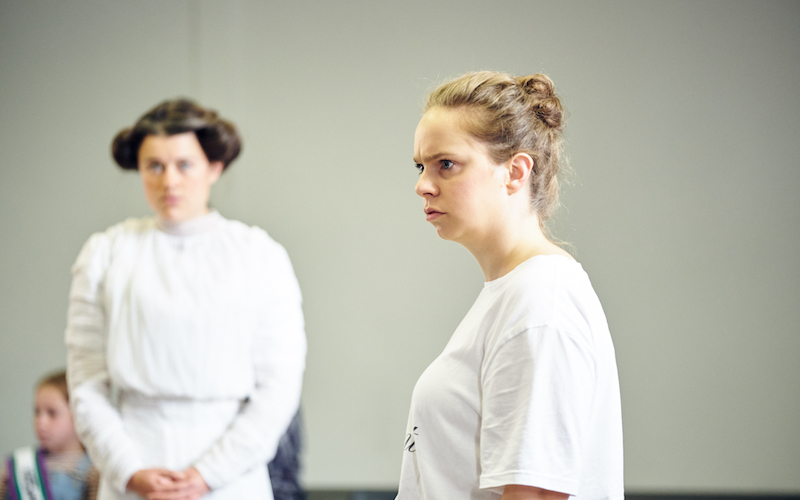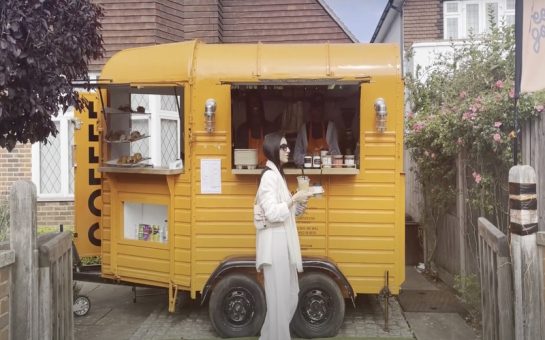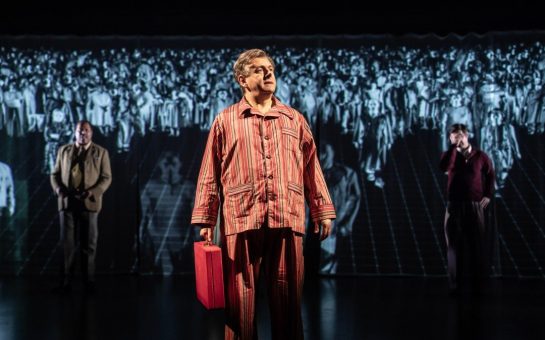Stepping into Wimbledon Library to see Attic Theatre’s The Rebellious Women of Wimbledon, which opened on Monday, was like stepping back in time.
The audience was greeted by women in long dresses and hats serving tea and cake; a table in the middle of the room was draped in the suffragette colours of white, purple and green; and strings of flowers hung from the ceiling.
Yet the three-woman play about Wimbledon’s suffrage history, written by Beth Flintoff and directed by Jonathan Humphreys, felt curiously modern. Perhaps it was inevitable with the recent news of protests in America over Judge Kavanagh’s Supreme Court nomination, but it was impossible not to make connections between the story told in the library — of Rose Lamartine Yates, leader of the Wimbledon Women’s Social and Political Union, and Edith Begbie, a suffragette taken under her wing — and the historical moment of today.
This feeling was helped out by a few incongruous details that brought the historical narrative into the present: photos taken on phones, a reference to the phrase “get back in the kitchen” — perhaps more familiar to the Internet generation than the WWI one — and one cast member in a T-shirt emblazoned “Same shit, different century.”
The main character, Edith, played by Emma Denly, told the story of her suffragette awakening through a mixture of narration addressed directly to the audience and acting out scenes. And Rose, played by Valerie Antwi, was utterly convincing as an activist leader, holding command of the room with her speeches.
A whole host of minor characters including Winston Churchill were all, impressively, played by the three actresses — mostly by the fantastic Ellen Attwell — who pulled off the quick identity changes in a way that didn’t leave the audience behind.

IMMERSIVE: Emma Denly (left) and Ellen Attwell in the performance at Wimbledon Library
It was an intimate performance with no stage and actors often sitting among the audience. This immersive method was most effective in a section when Edith recounted being force-fed in prison. There was no quickfire switching of setting or characters here; she simply sat and told her story to a transfixed audience.
The magic was broken at times, though, by the music and sound effects, which sometimes felt heavy-handed or out of place. The actors simply didn’t need it; the mostly prop-less and scenery-less performance already relied on imagination.
There was humour, such as Edith’s husband saying things like “Whatever will they say at the bank?” But the play also had a serious aim and went about it seriously, diving into history, intertextuality — including a great Room of One’s Own reference — and action for the more spectacular parts of the story.
It ended on a thoughtful note, and the audience was left sensing the ghosts of Wimbledon’s history around them. A centenary after the Representation of the People Act, and in the midst of a global feminist conversation, the performance was timely, educational and engrossing. Above all though it was powerfully immersive, transforming a sparse cast into an entire movement.
Feature image shows Emma Denly. Photo credits Jon Holloway




